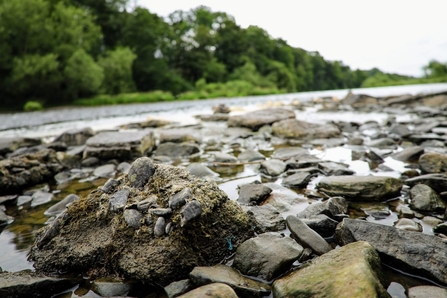This week the Government issued its overdue response to the Environmental Audit Committee’s Inquiry on water pollution in rivers[i]. The inquiry focused on England – which as our evidence highlighted, has the worst water quality in Europe[ii] - but the issues discussed are relevant for other parts of the UK too, especially for rivers like the Wye which starts in Wales and flows cross-border.
The committee’s recommendations were many, calling for big changes in regulatory action, investment and delivery. But the Government’s response was lacking. It spoke of "taking tough action to improve water quality" - yet proposed very little that was new. Many of the proposals in hand are a step in the right direction, but don’t go far enough. Targets on water pollution and abstraction currently being consulted on under the Environment Act are out of step with other Government commitments – the targets are being set for 2037, so ongoing pollution and low flows will undermine our ability to meet the legal target of halting nature’s decline by 2030 - and thousands of consultation responses told Government that their plan to reduce the release of untreated sewage from storm overflows does too little, too late.[iii]


